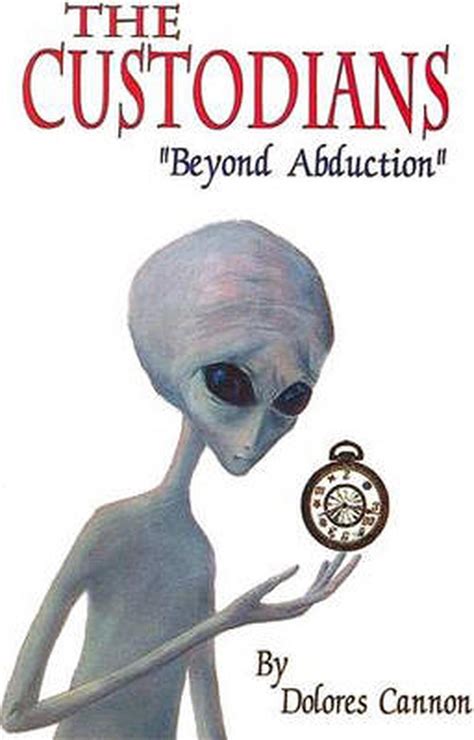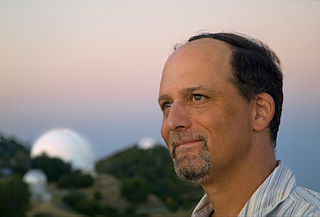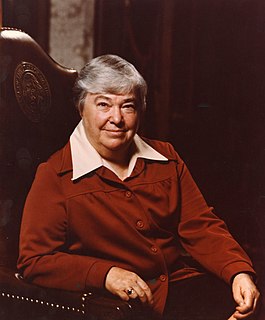A Quote by David Grinspoon
I don't see it as coincidence that the great acceleration of the Anthropocene influences on Earth came during the same decades as our first exploration of the other planets.
Quote Topics
Related Quotes
So it's a coincidence. Just like you said. Two rich parents with two rich kids at the same school. They're both killed in accidents. Why are you so interested?" "Because I don't like coincidence," Blunt replied. "In fact, I don't believe in coincidence. Where some people see coincidence, I see conspiracy. That's my job.
When I grew up as a kid, we didn't know there were any other planets outside of our own solar system. It was widely speculated that planet formation was an incredibly rare event and that it's possible that other planets just don't exist in our galaxy, and it's just this special situation where we happen to have planets around our sun.
There's no doubt that the search for planets is motivated by the search for life. Humans are interested in whether or not life evolves on other planets. We'd especially like to find communicating, technological life, and we look around our own solar system, and we see that of all the planets, there's only one that's inhabited.
When I was a kid, I remember the first Batman, the first Superman comic books when they came out, thinking how great that was and wouldn't it be great to see a movie like that. They did some cheap serials, but they're not the same as today. But I think younger audiences would like to see a real hero also.
A major puzzle for which nobody has an answer is this: is there some size at which the planets change their nature from water-rich planets like Neptune, to rocky planets like the Earth? We have found two planets that are the size of the Earth in radius, but they are very close to their host star, so water on the surface would evaporate away.
It is through our technology that we have been able to fly far away from earth to learn, in truth, how precious it is. It is no coincidence that our awakening to the special nature of our world and to its uniquely balanced environment and its limitations coincided with our first glimpse of earth from outer space, through the eyes of astronauts, television cameras and photographic equipment.
Two babies were born on the same day at the same hospital. They lay there and looked at each other. Their families came and took them away. Eighty years later, by a bizarre coincidence, they lay in the same hospital, on their deathbeds, next to each other. One of them looked at the other and said, 'So, what did you think?


































